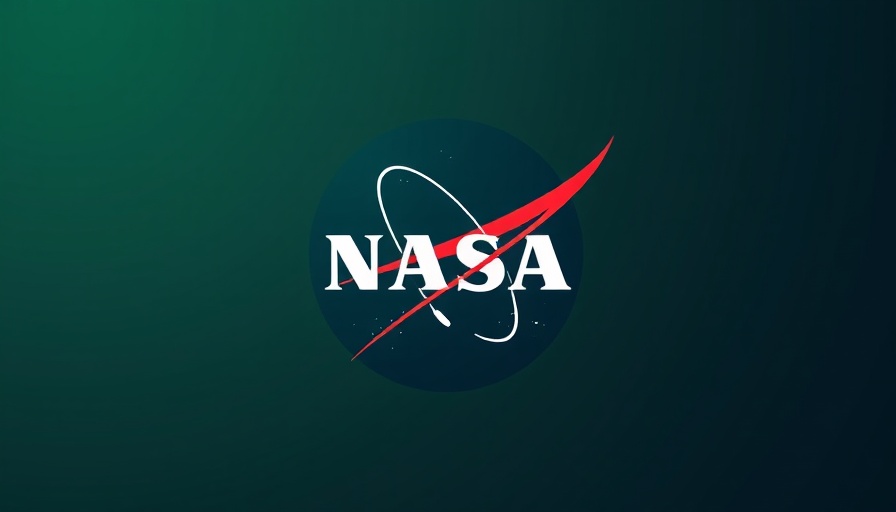
Navigating Uncertainty: NASA's Recent Leadership Shakeup
The recent firing of NASA's chief scientist, Katherine Calvin, raises serious questions about the future of science at the agency, particularly amid budget cuts that could transform its operational landscape. According to reports, these drastic changes coincide with anticipated cuts of up to 50% in NASA's science budget due to government reallocation under the Trump administration. Casey Dreier, head of space policy at the Planetary Society, described the potential impact as an 'extinction-level event' for U.S. space science.
The Implications of Removing a Key Figure
The role of the chief scientist at NASA is crucial—not only for the guidance it provides concerning scientific endeavors but for maintaining the momentum and effectiveness of ongoing space research. With Katherine Calvin's departure, scientists within the agency express concern that the cutting of key leadership roles signifies a broader trend of de-emphasizing science within NASA. This could ultimately hinder the agency's mission of advancing human knowledge through exploration.
A Response from Astronomical Bodies
Organizations like the American Astronomical Society (AAS) have voiced their alarm over rumored deep cuts to NASA and the National Science Foundation, arguing that such reductions would drastically undermine the country’s scientific workforce and leadership position on the global stage. The AAS is advocating for Congress to uphold robust NASA funding to ensure continued U.S. leadership in science.
Anticipated Budget Cuts: What Lies Ahead?
The broader implications of Cavalin's removal must be viewed in light of the forthcoming fiscal year 2025 budget, which has already seen proposals for reductions. As indicated, NASA's Science Mission Directorate could face significant budget shortfalls, impacting everything from Earth science to planetary research. Observers, including leading figures in the space community, fear that if cuts to the science budget prevail, ongoing missions may face delays or even cancellation.
Global Leadership at Risk
The American space program has historically served as a beacon of hope and discovery, not just for Americans, but for aspiring scientists and space explorers worldwide. Grant Tremblay from the Smithsonian Center for Astrophysics articulated this sentiment, pointing out that NASA represents not only American ingenuity but also a commitment to universal progress in science. Given current trajectories, the removal of its chief scientist and impending budget cuts raise profound concerns about the agency’s ability to maintain its global role.
Looking Forward: What Can Be Done?
As scientists and advocates brace for a future rife with restrictions on funding and leadership, it becomes increasingly crucial for the public and scientific communities to rally in support of NASA's science-oriented missions. Restoring funding to NASA's Science Mission Directorate is essential to ensure the success of missions that push the boundaries of human potential in space exploration.
Concerns over NASA's future underscore the urgent need for advocacy and public engagement in science policy. As discussions about federal budgets unfold, voices from the scientific community will be vital in shaping a vision for NASA that aligns with progressive exploration and discovery.
 Add Row
Add Row  Add
Add 
 Add Element
Add Element 

Write A Comment